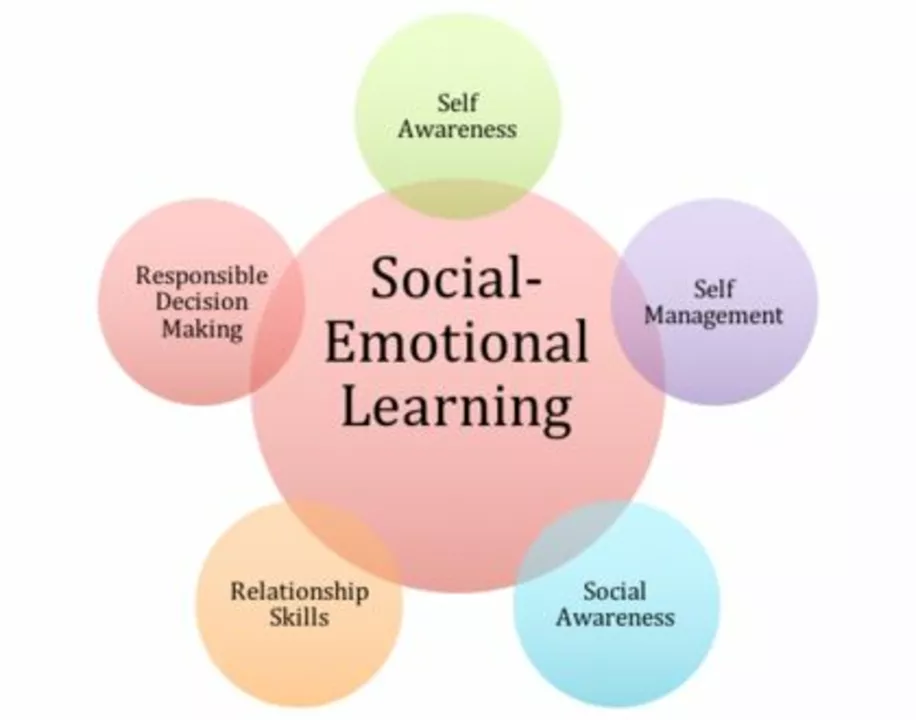Emotional well-being: small habits that make a big difference
What if three small actions each day could steady your mood and help you handle stress better? Emotional well-being doesn’t have to mean big therapy sessions or major life changes. Start with tiny, repeatable habits that add up over weeks.
First, focus on sleep. Aim for a consistent bedtime and wake time, even on weekends. Poor sleep makes everything worse—more irritability, worse focus, and less patience. Put your phone away 30 minutes before bed and keep the bedroom cool and dark.
Quick practices you can do today
Try a 5-minute morning routine. Sit up, breathe deeply for one minute, write down one thing you want to finish today, and stand up to stretch. That short pause reduces anxiety and sets a clear intention. If you feel scattered during the day, stop for one-box breathing: inhale 4, hold 4, exhale 4, hold 4. It calms your nervous system fast.
Use movement to change your mood. A 10-minute walk outside, a quick set of jumping jacks, or gentle stretching breaks the loop of negative thoughts. You don’t need long workouts—consistency matters more than intensity.
Limit doom-scrolling. Social media and news feeds are designed to grab attention and spike stress. Pick two 15-minute windows to check updates, and mute notifications the rest of the time. You’ll find your mood and focus improve within days.
Tools to build resilience
Keep a short journal. Write one sentence about what went well and one about what you learned. It shifts your brain toward solutions instead of replaying problems. If you struggle with anxious thoughts, try naming them: "That’s worry about money." Naming separates you from the thought and reduces its power.
Connect with someone daily. Send a quick text, share a silly photo, or call for five minutes. Emotional health is social—small friendly interactions lower stress hormones and boost mood.
Set boundaries with work. Define a clear stop time and protect it. Work stress bleeds into everything else if you don’t create limits. If you must work late, schedule a short, pleasant activity afterward to reboot your brain.
Finally, know when to get extra help. If low mood lasts more than two weeks, affects sleep or appetite dramatically, or you have thoughts of harming yourself, reach out to a healthcare provider or trusted person right away. Therapy, medication, or both can be life-changing for some people—asking for help is practical and brave.
Try these steps for a few weeks and adjust what fits your life. Emotional well-being is a practice, not a one-time fix. Small habits, repeated, change how you feel and handle the hard stuff.

The Role of Support Groups in Managing Arrhythmias
As a blogger, I want to emphasize the importance of support groups in managing arrhythmias. These groups provide a safe space for individuals to share their experiences and provide emotional support to one another. Additionally, they offer valuable resources and educational materials to help better understand and manage the condition. Connecting with others who face similar challenges can greatly improve one's quality of life and help alleviate feelings of isolation. In conclusion, support groups play a crucial role in empowering individuals to take control of their health and foster a sense of community.
read more




